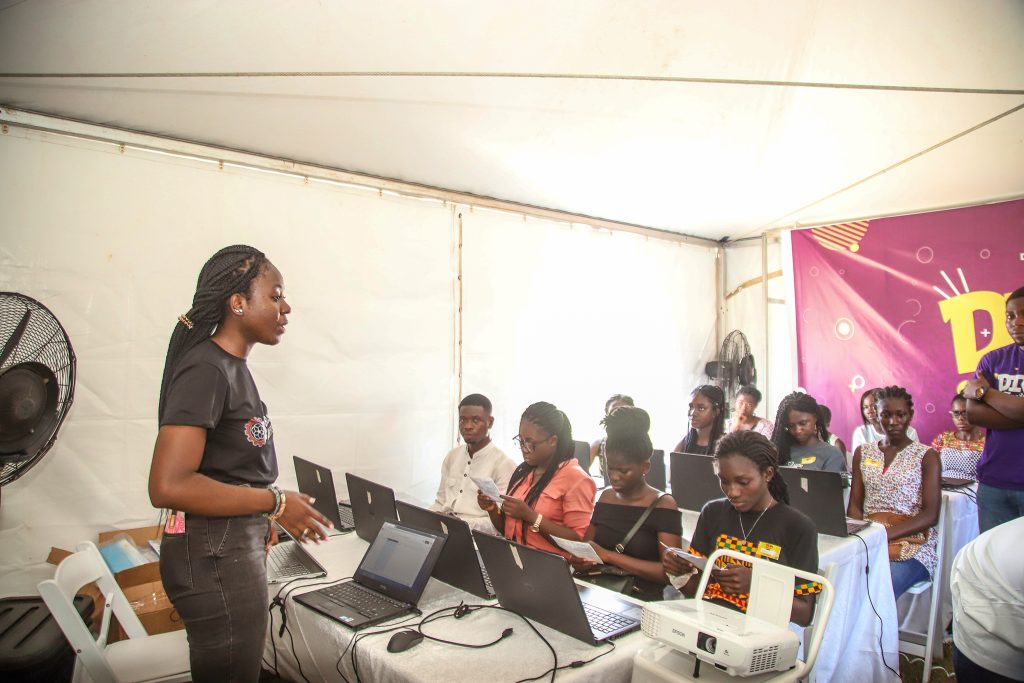Just as technology continues to advance, there is an increase in demand for certain skills. The Fourth Industrial Revolution (4IR) technologies, like the Internet of Things (IoT), artificial intelligence, blockchain technology and big data are fast-tracking digital transformation in numerous sectors across the world. In the midst of this new revolution where data is slowly taking over the world, there has been an alarmingly high increase in the demand for data skills. Among the skills in high demand currently are; Cloud computing, Machine Learning, Data Science, Cybersecurity and Software Engineering.
The tech talent shortage has companies and organizations moving out of the continent to recruit individuals who can help solve their problems. Africa’s technology sector is rapidly growing by the day while the need for local tech skills also increases. Africa’s technology sector has seen an increase in international investment of 47% with the number of investors growing by 61% between 2018 and 2019. Yet, traditional education is failing to keep up with the emerging tech trends.
Ministries of Education need to re-think how skills can be obtained. Governments and communities need to take a fresh look at how they develop emerging technology skills and knowledge. Very few African tertiary institutions currently offer degrees in data science or machine learning despite the plethora of data available to solve the continent’s issues. The African education system can explore different ways of incorporating emerging data skills to increase the local tech population.
This incorporation can be done through the Recognition of non-traditional Certification Programmes. For a continent where good quality education often comes off as a privilege and is not accessible to all, quality online learning resources could enable people to acquire certain digital skills. Governments need to look for opportunities to formalize non-conventional learning pathways.
Institutions and platforms such as Data Science Nigeria, Zindi, Blockgeeks, Andela, Blossom Academy and others make hands-on learning possible, irrespective of where in Africa you are. They also allow students and practitioners to showcase their skills and job readiness to prospective employers. Formalizing these non-traditional certification programmes becomes an even more urgent task for African governments.
To bridge the tech skills gap in Africa, it is important for African educators to design future-ready curricula that accelerate the acquisition of digital and STEM skills to match the trends in society. The curricula could be more practical rather than theoretical. Industry partners should be engaged when curating these curricula in order to produce graduates with the relevant skills needed in the industry. Tertiary institutions need to re-design themselves to prepare the youth of Africa for the fourth industrial revolution.
Tech skills are becoming more mainstream. By 2030, an estimated 230 million jobs in Africa will require tech skills, according to the International Finance Corporation and the World Bank, with a relatively small proportion in the traditional tech sectors of ICT and e-commerce. Without appropriately-skilled workers, the promise of the technological economy will be difficult to realize on our continent, and economic growth is likely to remain limited.
Kickstart your data analytics or data science career by joining the next Blossom Academy bootcamp. Express interest at www.blossom.africa or email us at [email protected].
© 2022 Blossom

